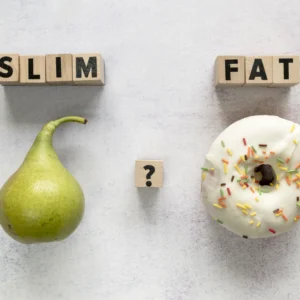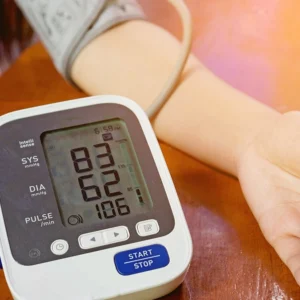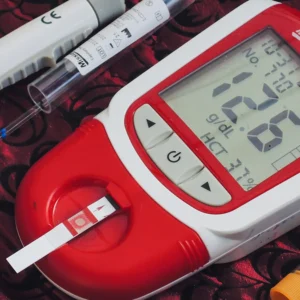Helicobacter Pylori (H. pylori) is a bacteria that lives in the stomach. It can trigger gastritis and, when it multiplies actively, can cause stomach pain, heartburn, bloating, and even ulcers. Doctors usually prescribe antibiotics, but diet also plays a key role. We’ll tell you which foods kill H. pylori so you can improve your condition naturally.
Top 10 Foods That Kill H. Pylori
Helicobacter Pylori can live in the stomach without causing any discomfort. However, when it becomes too active, it leads to inflammation, gastritis, and even ulcers. Some foods can help fight this bacteria by either directly destroying it or strengthening the stomach’s defenses. Here are the 10 most effective foods that kill H. pylori.
Broccoli and Other Cruciferous Vegetables
Broccoli is a powerful fighter against H. pylori! It contains sulforaphane, a compound that destroys the bacteria. Research shows that people who eat broccoli daily have significantly fewer bacteria in their stomachs. Other cruciferous vegetables that help include Brussels sprouts, cauliflower, and radishes.
Garlic
If you’re looking for foods that kill H. pylori, don’t forget about garlic. It’s a natural antibiotic, and its sulfur compounds are lethal to H. pylori. Eating 1-2 raw garlic cloves a day can prevent bacterial overgrowth. If the taste is too strong, try adding it to salads or cooked meals.
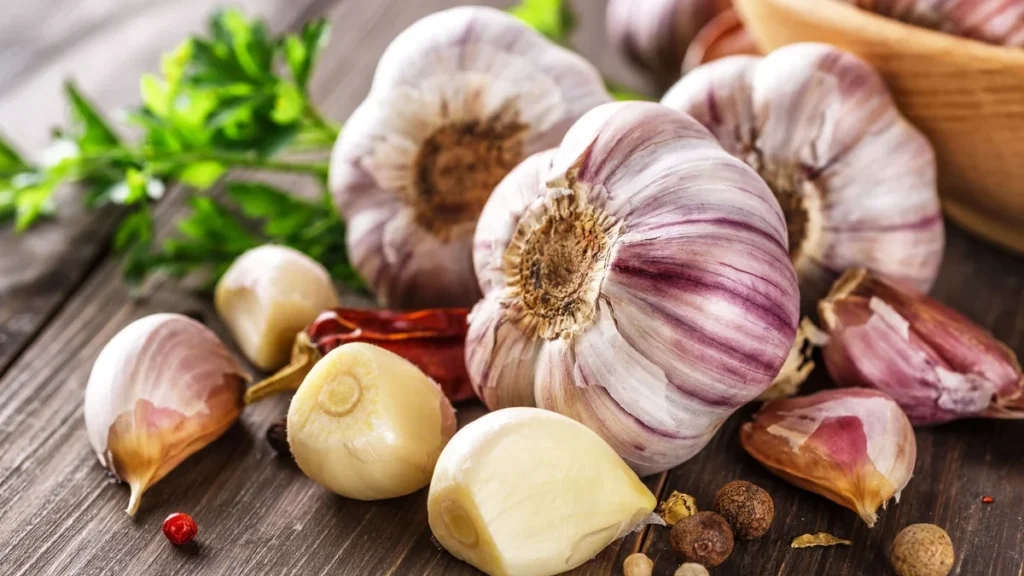
Honey (Especially Manuka Honey)
Honey has long been used for stomach problems. It has antibacterial properties, and manuka honey is particularly effective against H. pylori. It reduces bacterial activity and helps heal the stomach lining.
Turmeric
This spice is not only delicious but also highly beneficial. Its main active compound, curcumin, has anti-inflammatory and antibacterial effects. Turmeric reduces stomach inflammation and fights H. pylori. It also neutralizes free radicals, slowing down aging. Add it to tea, soups, or rice dishes.
Ginger
Spicy foods can be key when looking for foods that kill H. pylori. One of the best options is ginger. It improves digestion, reduces inflammation, and fights harmful bacteria. It’s great in tea or as a seasoning for dishes. Plus, it helps relieve nausea, a common symptom of H. pylori infections.
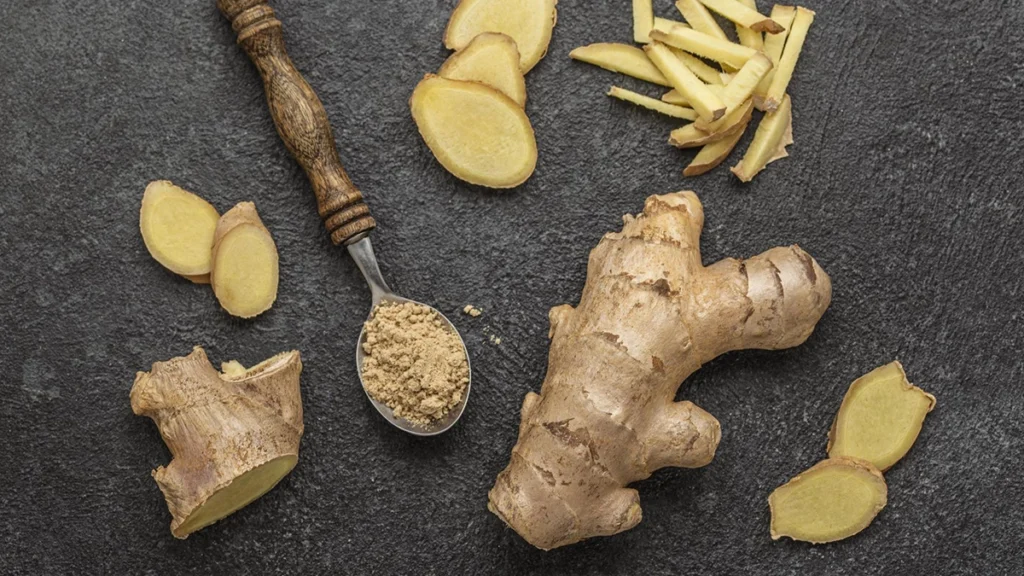
Propolis
Bees use propolis to protect their hives, and it has strong antibacterial properties. Studies show that propolis can slow down the growth of H. pylori. You can take it as a tincture or add it to warm tea.
Kefir, Yogurt, and Other Fermented Foods
Wondering which foods kill H. pylori? The answer might be simpler than you think – kefir and yogurt! H. pylori disrupts the stomach’s bacterial balance, so consuming probiotic-rich foods like kefir, yogurt, and kimchi can help restore gut health and fight the infection.
Green Tea
This drink is loaded with powerful antioxidants. The polyphenols in green tea can slow down H. pylori growth and reduce stomach inflammation. Just avoid drinking it on an empty stomach to prevent irritation.
Cranberries
Cranberries contain compounds that prevent H. pylori from attaching to the stomach walls. Studies have shown that regular cranberry juice consumption can significantly reduce bacterial levels. Fresh cranberries are also highly beneficial.
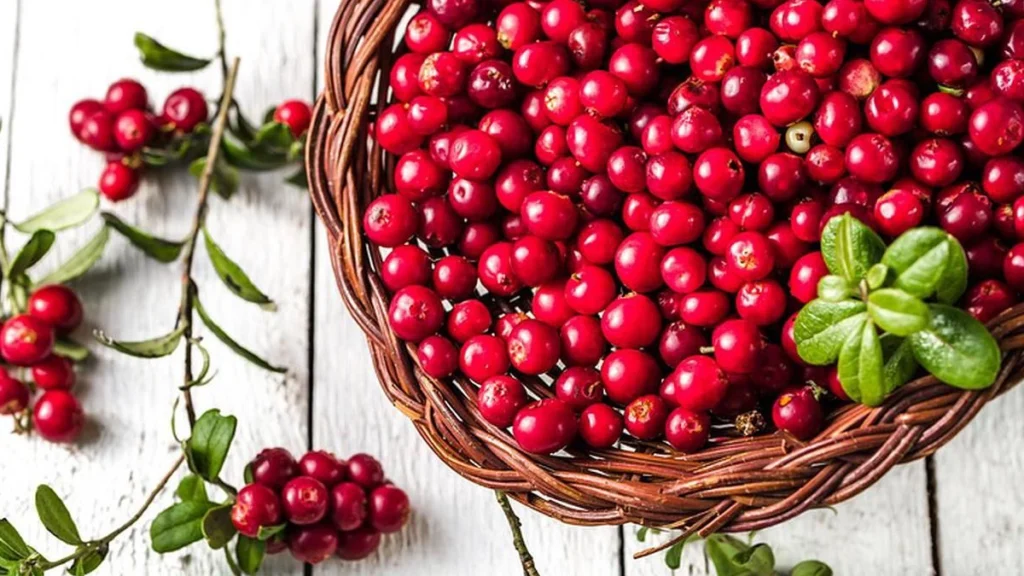
Olive Oil
Olive oil is one of the few fats with potent antibacterial properties. It contains polyphenols that can even destroy antibiotic-resistant strains of H. pylori. Simply drizzle it over salads or take 1 teaspoon on an empty stomach daily.
Foods to Avoid If You Have H. Pylori
Now that we’ve covered foods that kill H. pylori, let’s talk about what not to eat. Some foods worsen the condition, irritate the stomach, or promote bacterial growth. If you have H. pylori, avoid:
- Fatty and fried foods. Greasy, heavy meals sit in your stomach for too long, causing heartburn and creating an ideal environment for bacteria to thrive.
- Coffee, alcohol, and carbonated drinks. Caffeine and alcohol irritate the stomach lining, while soda increases acidity, making the stomach more vulnerable.
- Sugar and sweets. H. pylori loves sugar! A high sugar intake feeds the bacteria, making it harder to treat. Cakes, chocolate, soda, and even excessive honey can slow recovery.
- Fast food, processed meats, and junk food. These contain preservatives and additives that weaken immunity, making it harder for your body to fight the bacteria.
Which Foods Kill H. Pylori – Video
Want to learn more about the right diet and which foods kill H. pylori? Watch this video:
Conclusion
If you have Helicobacter Pylori, diet plays a crucial role in recovery. We’ve covered the top foods that kill H. pylori, but remember – diet alone may not be enough. A comprehensive treatment with antibiotics and doctor-approved medications is often necessary.
Frequently Asked Questions About H. Pylori
Helpful foods include broccoli, garlic, turmeric, ginger, honey, propolis, green tea, kefir, yogurt, cranberries, and olive oil. These help eliminate bacteria and heal the stomach lining.
The only way to completely eliminate H. pylori is with a combination of antibiotics, acid-reducing medications, and a proper diet. Food alone won’t cure it, but it can reduce inflammation and speed up healing.
H. pylori is vulnerable to sulforaphane (broccoli), curcumin (turmeric), allicin (garlic), probiotics, polyphenols (green tea, olive oil), and honey. However, antibiotics are still the most effective treatment.






